
Two years after its six episode run, the most interesting thing about revisiting Moon Knight is that it feels like the most serious break between the expectations of fans and the finished product on Disney+, and thus it acts as a sort of canary in the coal mine for the current state of things when it comes to capes at the House of Mouse.
I don’t think I’m delivering breaking news when I write that the lineup of Marvel television made for the streaming service has met with a mixed reaction after the first series, WandaVision, concluded its run.
That said, even the most skeptical fans had to be intrigued by the inclusion of Moon Knight, one of the most bizarre and idiosyncratic creations of Marvel’s sometimes painful 1970’s adolescence.
Created by Doug Moench and Don Perlin as a recurring antihero/antagonist for horror comic Werewolf by Night, Moon Knight is in reality Marc Spector: the son of a rabbi, a former CIA mercenary, and the champion of the Egyptian god Khonshu who serves as a costumed adventurer and protector of “those who travel by night.”
Even in a decade full of bizarre characters who gained cult followings, Moon Knight stands out with his stylish monochromatic costume, convoluted backstory, and unique mixture of the spy and the supernatural.
Normally, I wouldn’t give as much background on the comics inspiration for a filmed project because the work needs to stand on its own, but in this case it’s deeply instructive as to the fundamental problems for Moon Knight as a miniseries: Disney took a weird, gritty, off-brand character from the vault and tried their level best to get him to fit into “The Formula” they’ve used for all their protagonists since the surprise success of Thor Ragnarok, and it robbed the show of much of what the premise seemed to promise.
In the comics, Moon Knight has Dissociative Identity Disorder as an evolution and embellishment of the initial conceit that as a spy he works multiple “cover identities” to gain information. In the show, the writers made two related decisions concerning this gambit that doomed the show to the path of least resistance:
First, they made the audience identification persona and therefore the “main” identity a put upon and nerdy gift shop worker in a British museum so that they could work in clumsy comedy, in a hollow attempt to make the main character “relatable” as a goof.
This decision is why I referenced Ragnarok above because it seems since that film, Marvel has decided that the only male protagonists the audience can get behind have to be a bit dim witted and the butt of snarky, self-referential, humor whether it actually fits the character or not.
Secondly, and this is a lot worse, they use DID as an excuse to run an amnesia plot which is one of the laziest things a writer of spy or adventure fiction can do because it makes the character’s realization of information the audience already knows the backbone of the story– helping to “pad out” a plot that would be thin for two hours all the way to six.
The AMC remake of The Prisoner utilized the same trick for the same reasons and all it serves is to transform set-up into story.
What keeps this show from being a disaster is that it was pitched and sold to a tremendous group of actors as a unique showcase for their talents within the bounds of the profitable MCU. Oscar Issac is amazing here as the title character in lending psychological credibility to one of the wackiest premises in superhero fiction, and without him the entire enterprise would fold. It is, admittedly, a very showy part for a leading man in the way that it calls attention to the differing accents and postures he’s using to make each character real but the MCU isn’t really the venue for subtle, internal, character exploration so fair play to him for having fun.
Ethan Hawke as Harrow and F. Murray Abraham as Khonshu are real standouts here as well. Hawke has a lot of fun finding moments and unusual shades in what is, on the page, a stock MCU villain. A lot of MCU villains really believe their justifications– zealot is the most common form these bad guys take, after all, but what Hawke does that I really like is allow himself to enjoy the loss of responsibility for his sadism his calling allows him. After all, if you think you’re working on behalf of a God, nothing you do is really your fault or needs to be inventoried and Hawke plays with this amoral freedom expertly. Abraham, on the other hand, is playing a God and really has the classical background to understand the dichotomy between how mythological gods treat their followers, and a moral system that is more about the noble vs the base than good vs evil.
Moon Knight trades its gritty street vigilante work for a stock MCU adventure and therein lies the rub– this isn’t a case where you ask “Who is this for?” because it was clearly made for the widest mass audience possible.
The problem is when you take a character who is beloved for his rough edges, and shear them away to fit into a universe of characters who don’t have rough edges you lose the spark that would make anyone want to follow them in the first place. The resulting affair is well made, after all they’ve made this same story two dozen times now so they’ve gotten very good at it, but soulless.
The first decision the producers of the MCU made was Robert Downey Jr. for Iron Man. At the time, in every interview, they talked about doing right by the character and not just following Hollywood convention.
Fourteen years later, Moon Knight stands as a monument to convention over character in the hope that another revenue stream can be added to the big spectacle.
The key to the current MCU fatigue can be found in precisely this inversion.
Extras include the documentary Assembled: The Making of Moon Knight, a featurette, gag reel, deleted scenes and concept art cards.
Not Recommended.







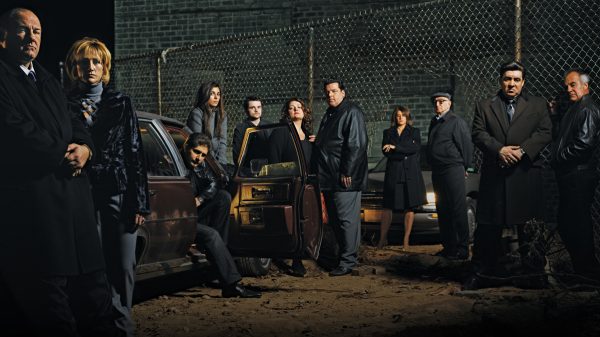
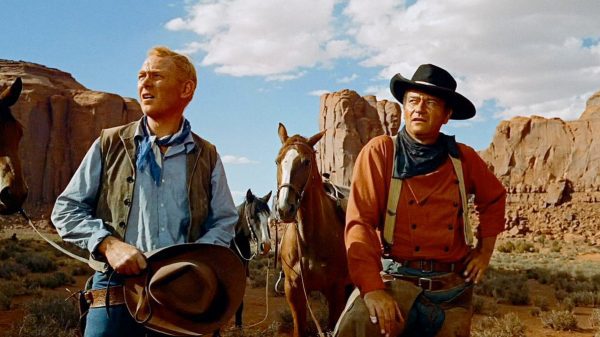


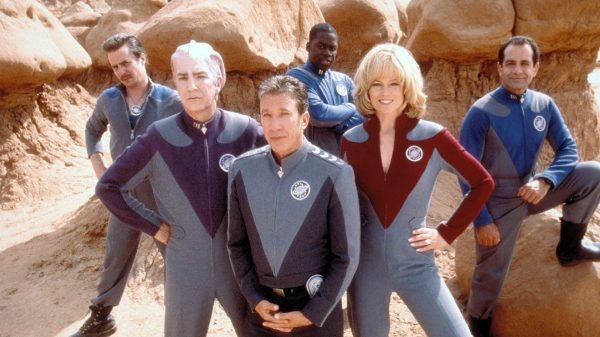
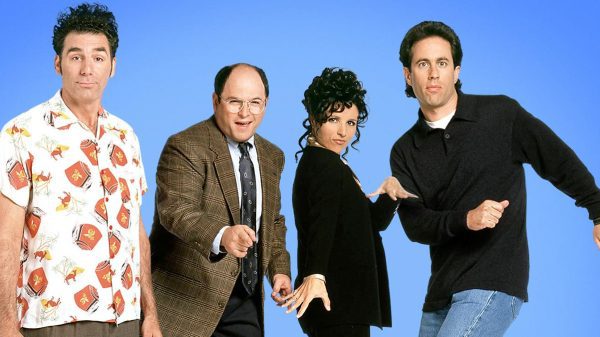


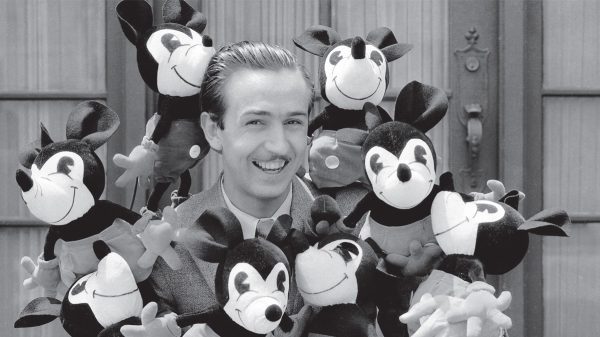


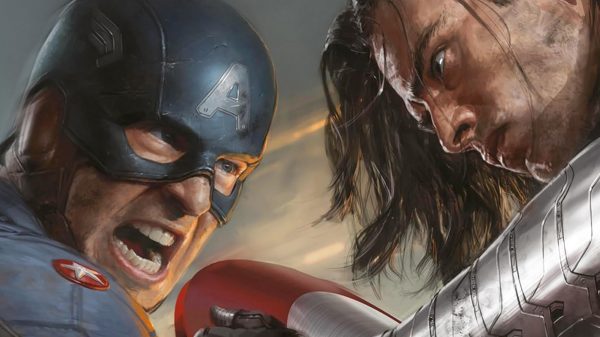




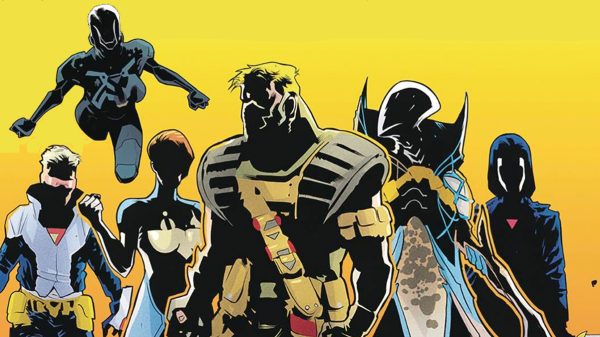
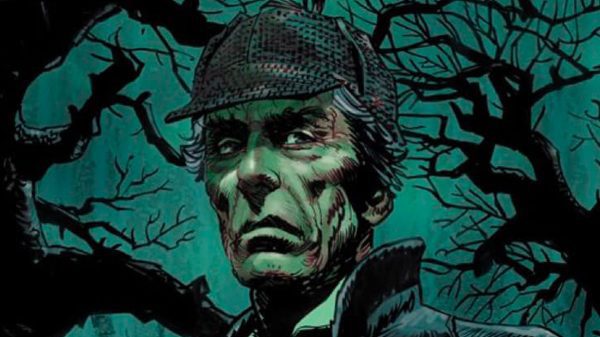
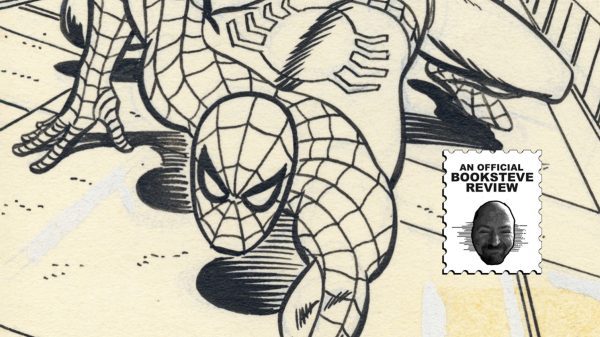
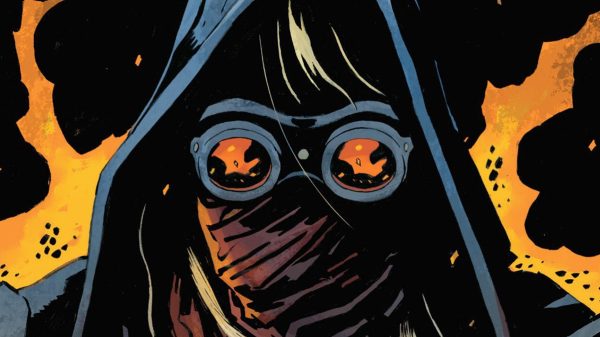





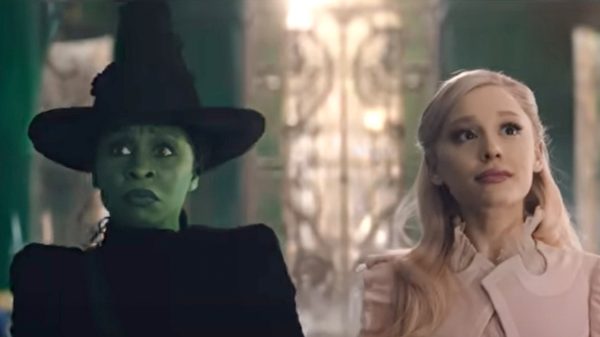

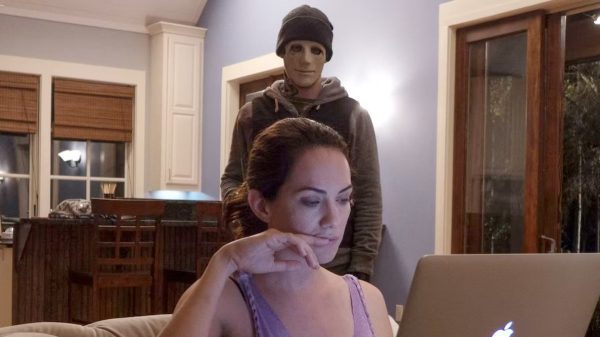













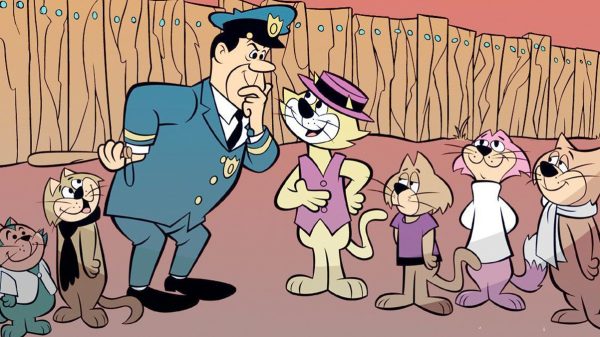
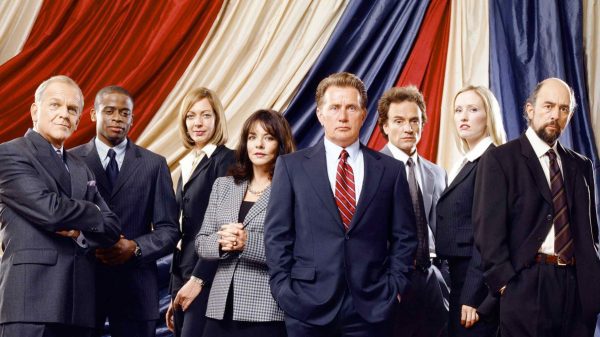
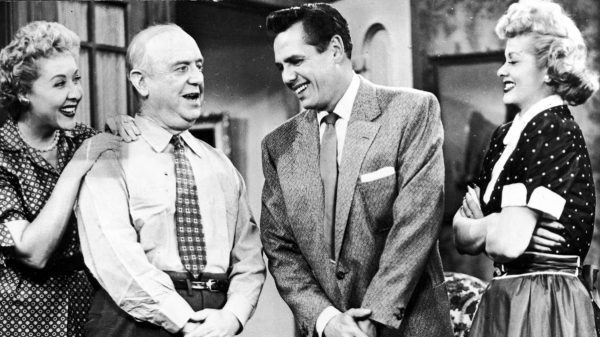




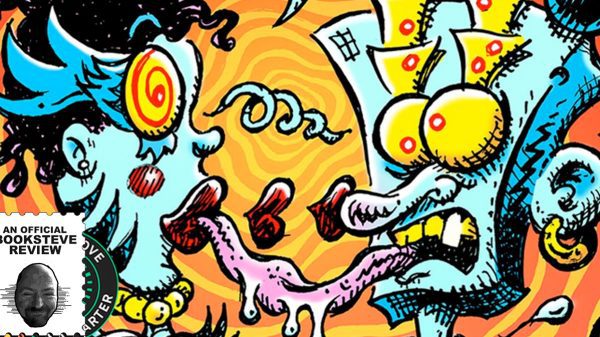


































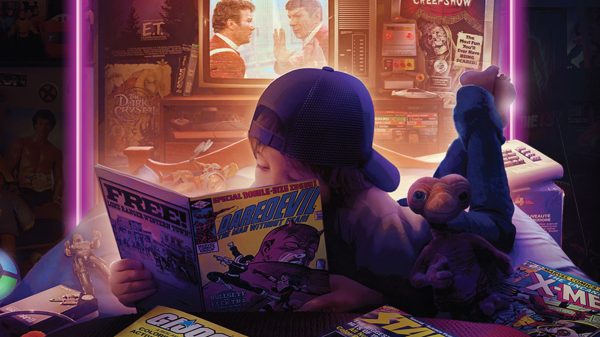
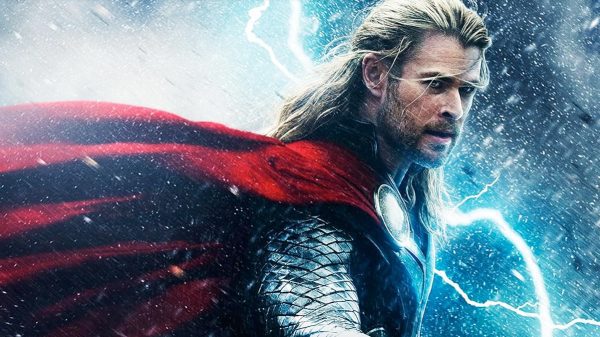









You must be logged in to post a comment Login